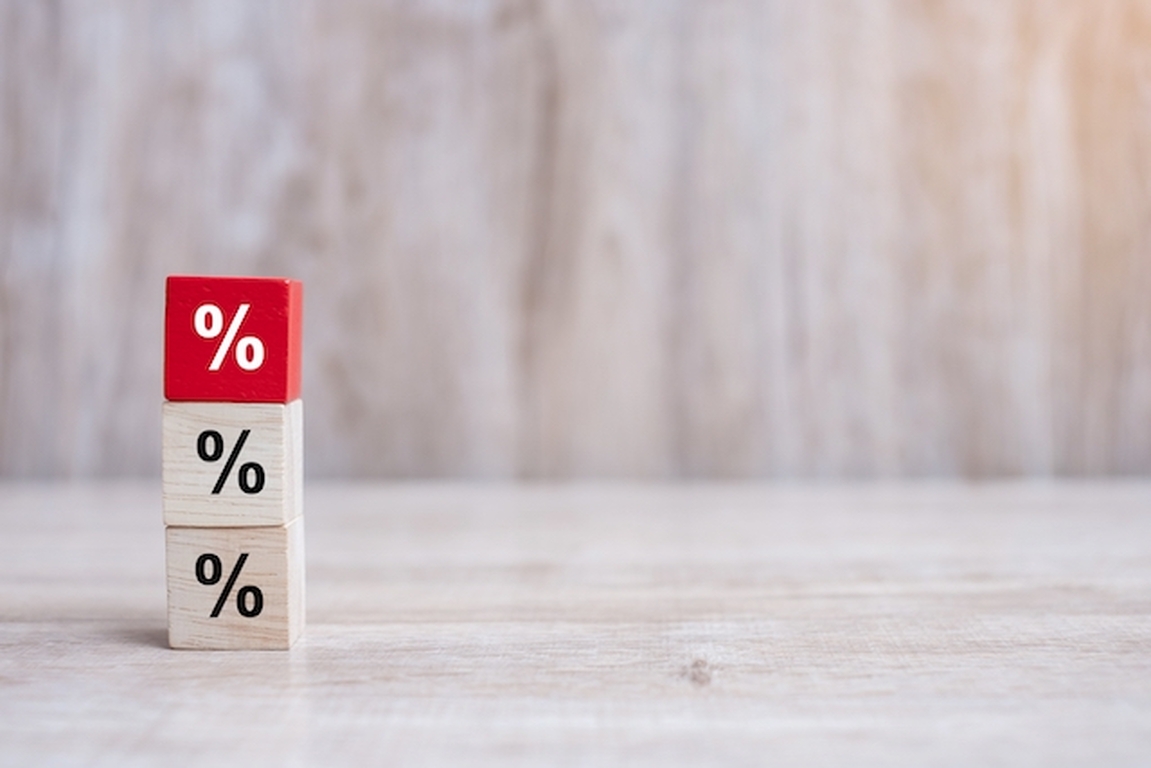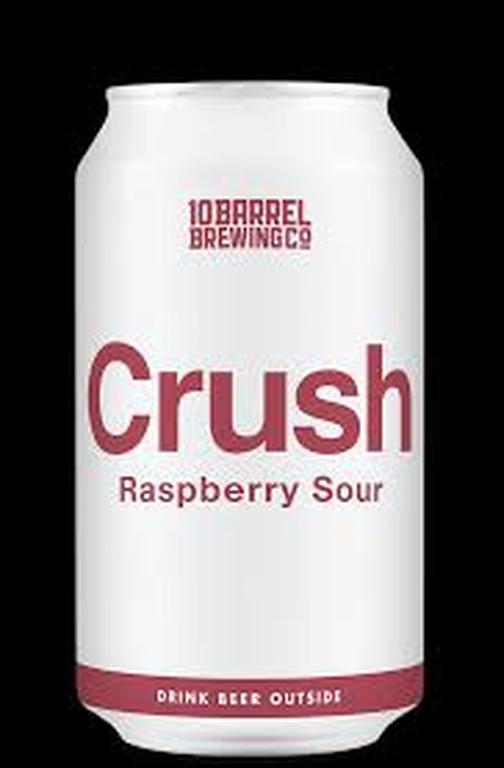Decline in demand for mortgage refinancing previews what's to come
Homebuyer demand for purchase mortgages picked up last week after adjusting for the Thanksgiving holiday, but requests to refinance were down sharply as mortgage rates rose for the third week in a row.
The Mortgage Bankers Association’s Weekly Mortgage Applications Survey showed demand for purchase loans was up a seasonally adjusted 5 percent from the week before, but down 8 percent from a year ago.
Requests to refinance were down 15 percent week-over-week, and 41 percent from a year ago, as rates on 30-year fixed-rate loans hit their highest level since April.
“Despite higher mortgage rates, purchase applications had a strong week, mostly driven by a 6 percent increase in conventional loan applications,” said MBA forecaster Joel Kan, in a statement.
The increased demand for conventional loans, which tend to have higher loan balances than FHA, VA, or USDA mortgages, boosted the average purchase loan request to $414,700, the highest since February.
“As home-price appreciation continues at a double-digit pace, buyers of newer, pricier homes continue to dominate purchase activity, while the share of first-time buyer activity remains depressed,” Kan said.
With interest in refinancing waning, requests to refinance accounted for 59.4 percent of applications, down from 63.1 percent the week before.
For the week ending Nov. 26, 2021, the MBA reported average rates for the following types of loans:
- For 30-year fixed-rate conforming mortgages (loan balances of $548,250 or less), rates averaged 3.31 percent, up from 3.24 percent the week before. With points increasing to 0.43 from 0.36 (including the origination fee) for 80 percent loan-to-value ratio (LTV) loans, the effective rate also increased.
- Rates for 30-year fixed-rate jumbo mortgages (loan balances greater than $548,250) averaged 3.27 percent, down from 3.28 percent the week before. But with points increasing to 0.35 from 0.26, the effective rate increased.
- For 30-year fixed-rate FHA mortgages, rates averaged 3.42 percent, up from 3.27 percent the week before. With points increasing to 0.35 from 0.34, the effective rate also increased.
- Rates for 15-year fixed-rate mortgages averaged 2.63 percent, up from 2.59 percent the week before. Although points decreased to 0.31 from 0.34 , the effective rate increased.
- For 5/1 adjustable-rate mortgage (ARM) loans, rates averaged 2.48 percent, down from 3.00 percent. With points decreasing to 0.27 from 0.32, the effective rate decreased. ARM loans accounted for 3.6 percent of total applications, and 10.3 percent of dollar volume.
Mortgage rates retreated after the MBA survey was fielded, as mortgage market investors assessed the threat the Omicron coronavirus variant could pose to human health and the global economy.
But Federal Reserve Chairman Jerome Powell said Tuesday that the Fed will still consider ramping up its timetable for winding down the emergency support it’s provided to mortgage markets during the pandemic to keep rates low.
Forecasters expect mortgage rates to increase next year, but diverge on how sharply they’ll rise. Fannie Mae forecasters see rates averaging 3.4 percent by the final quarter of 2022, while economists at the Mortgage Bankers Association expect they’ll hit 4 percent.
Even though they foresee a more gradual increase in mortgage rates, Fannie Mae economists expect mortgage refinancings to fall by 50 percent next year, because fewer homeowners will be able to beat their current rate.
The Mortgage Bankers Association’s Weekly Mortgage Applications Survey showed demand for purchase loans was up a seasonally adjusted 5 percent from the week before, but down 8 percent from a year ago.
Requests to refinance were down 15 percent week-over-week, and 41 percent from a year ago, as rates on 30-year fixed-rate loans hit their highest level since April.
“Despite higher mortgage rates, purchase applications had a strong week, mostly driven by a 6 percent increase in conventional loan applications,” said MBA forecaster Joel Kan, in a statement.
The increased demand for conventional loans, which tend to have higher loan balances than FHA, VA, or USDA mortgages, boosted the average purchase loan request to $414,700, the highest since February.
“As home-price appreciation continues at a double-digit pace, buyers of newer, pricier homes continue to dominate purchase activity, while the share of first-time buyer activity remains depressed,” Kan said.
With interest in refinancing waning, requests to refinance accounted for 59.4 percent of applications, down from 63.1 percent the week before.
For the week ending Nov. 26, 2021, the MBA reported average rates for the following types of loans:
- For 30-year fixed-rate conforming mortgages (loan balances of $548,250 or less), rates averaged 3.31 percent, up from 3.24 percent the week before. With points increasing to 0.43 from 0.36 (including the origination fee) for 80 percent loan-to-value ratio (LTV) loans, the effective rate also increased.
- Rates for 30-year fixed-rate jumbo mortgages (loan balances greater than $548,250) averaged 3.27 percent, down from 3.28 percent the week before. But with points increasing to 0.35 from 0.26, the effective rate increased.
- For 30-year fixed-rate FHA mortgages, rates averaged 3.42 percent, up from 3.27 percent the week before. With points increasing to 0.35 from 0.34, the effective rate also increased.
- Rates for 15-year fixed-rate mortgages averaged 2.63 percent, up from 2.59 percent the week before. Although points decreased to 0.31 from 0.34 , the effective rate increased.
- For 5/1 adjustable-rate mortgage (ARM) loans, rates averaged 2.48 percent, down from 3.00 percent. With points decreasing to 0.27 from 0.32, the effective rate decreased. ARM loans accounted for 3.6 percent of total applications, and 10.3 percent of dollar volume.
Mortgage rates retreated after the MBA survey was fielded, as mortgage market investors assessed the threat the Omicron coronavirus variant could pose to human health and the global economy.
But Federal Reserve Chairman Jerome Powell said Tuesday that the Fed will still consider ramping up its timetable for winding down the emergency support it’s provided to mortgage markets during the pandemic to keep rates low.
Forecasters expect mortgage rates to increase next year, but diverge on how sharply they’ll rise. Fannie Mae forecasters see rates averaging 3.4 percent by the final quarter of 2022, while economists at the Mortgage Bankers Association expect they’ll hit 4 percent.
Even though they foresee a more gradual increase in mortgage rates, Fannie Mae economists expect mortgage refinancings to fall by 50 percent next year, because fewer homeowners will be able to beat their current rate.


 Menu
Menu



